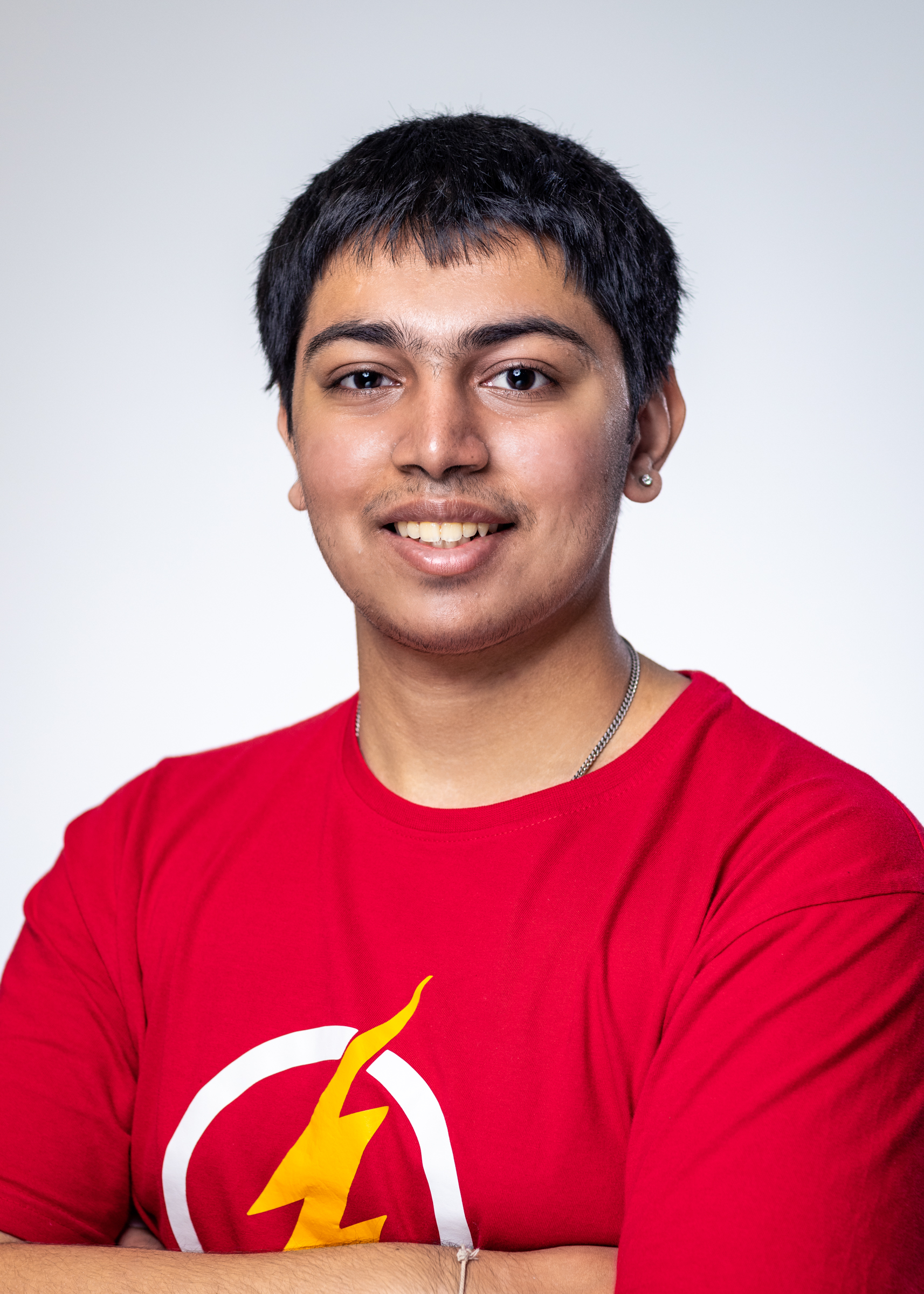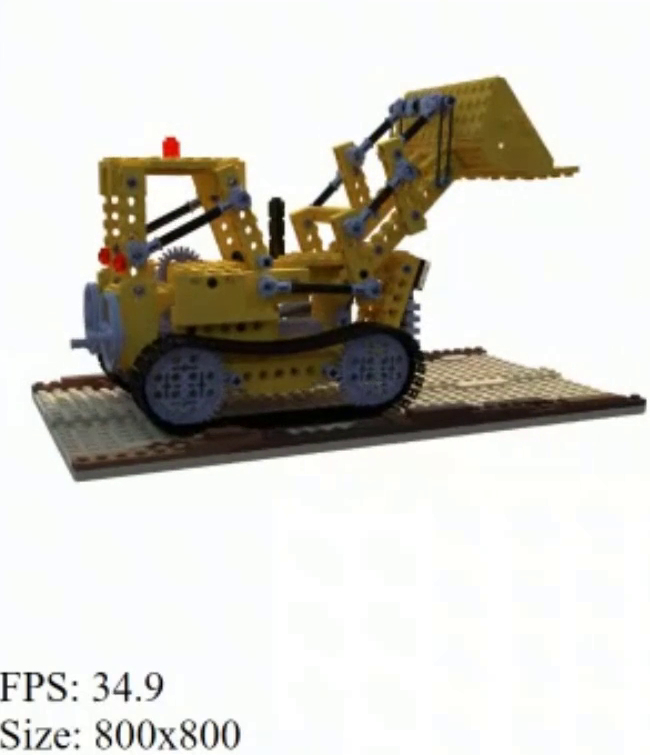Rishit Dagli
CS, Math Undergrad at UofT


I am very interested in learning algorithms, computer vision, graphics, learning theory, and math (number theory and topology).
I am currently on a break from my undergrad and I am working at NVIDIA on the intersection of AI, vision, and graphics research. I have had the pleasure of working with many awesome people at the University of Toronto. After I switched boats to research I have worked in industry at Qualcomm AI Research with Roland Memisevic and Guillaume Berger and at Civo with Josh Mesout.
In a past life, I used to work on software engineering and robotics. I used to contribute extensively to/ maintain some popular open-source projects which can be found on my github and software.
news
| Oct 3, 2024 | We released a new large-scale dataset for video understanding. Arxiv. Dataset. (code release soon, in the hands of corporate overlords) |
|---|---|
| Jun 18, 2023 | We released the first vision (images and video)-spatial audio model as a step towards complete generation. Arxiv. Code and Web Demo. |
selected publications
-
 Can Vision-Language Models Answer Face to Face Questions in the Real-World?arXiv 2025 (* joint first authors)
Can Vision-Language Models Answer Face to Face Questions in the Real-World?arXiv 2025 (* joint first authors) -
 SEE-2-SOUND: Zero-Shot Spatial Environment-to-Spatial SoundSIGGRAPH Posters 2025, ICML Workshop 2024
SEE-2-SOUND: Zero-Shot Spatial Environment-to-Spatial SoundSIGGRAPH Posters 2025, ICML Workshop 2024


